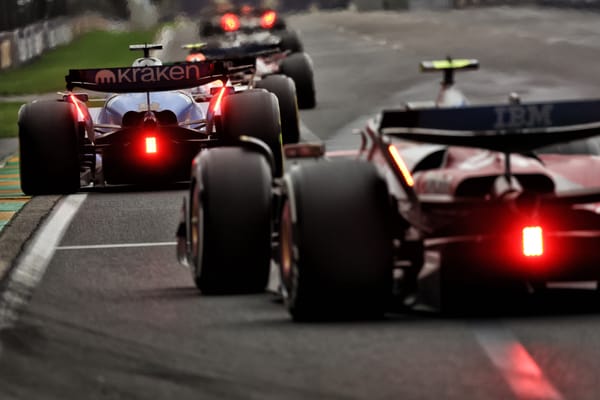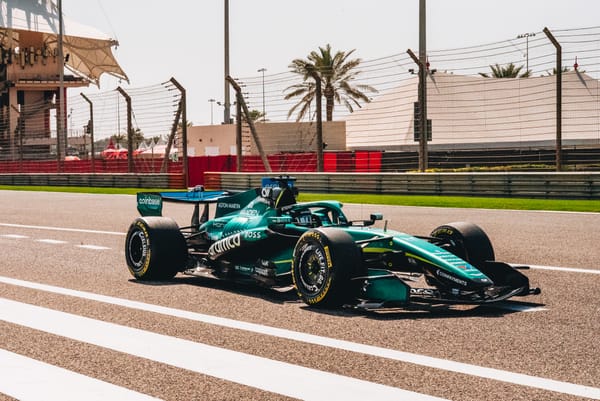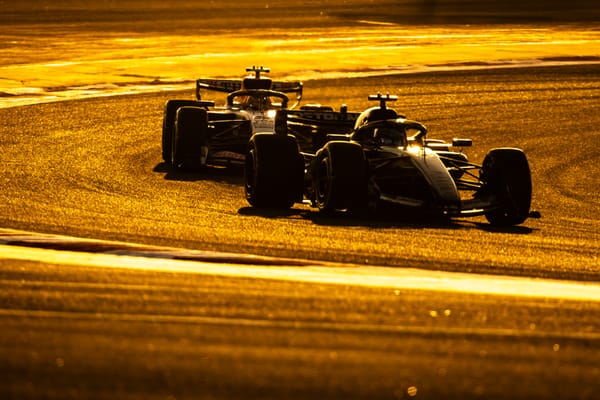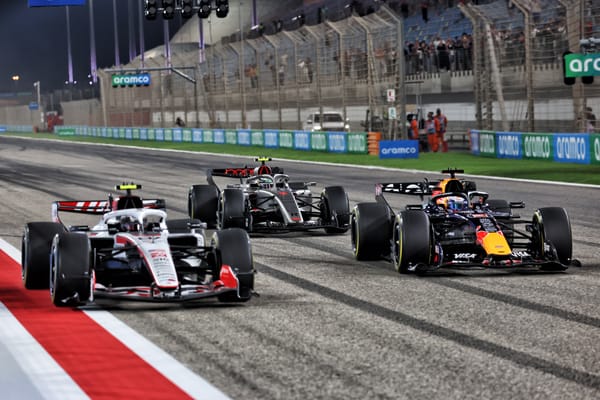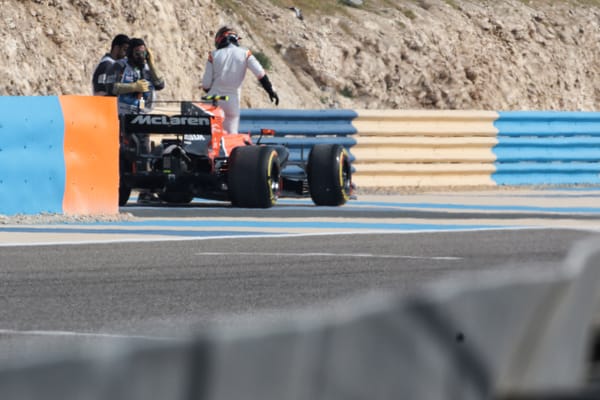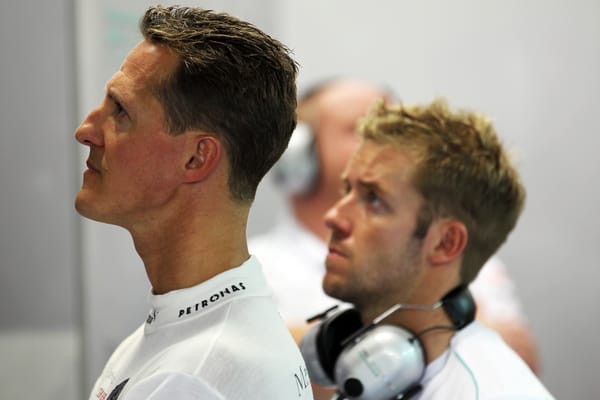Why McLaren won't budge on its title fight policy – despite the risks
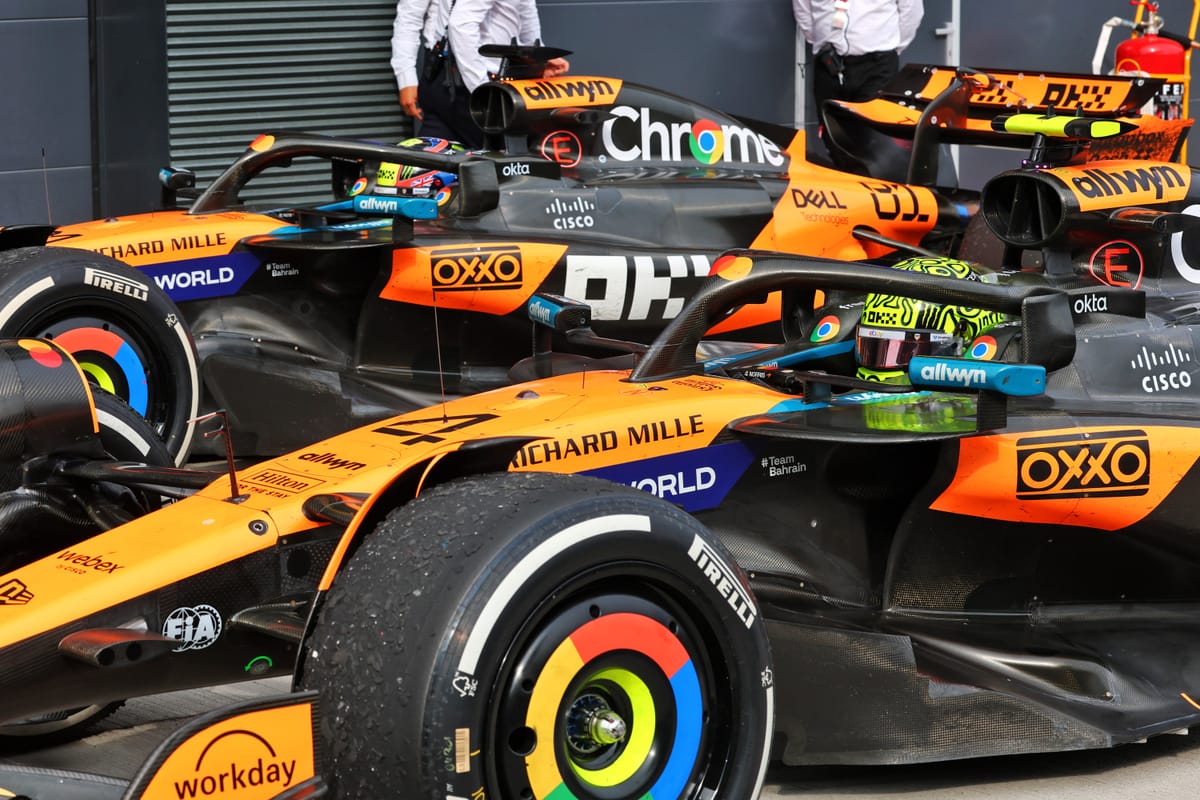
McLaren's policy of letting its drivers race, and critically allowing strategy freedom, faces another stress test in Formula 1's Dutch Grand Prix thanks to its front row lock out.
With few overtaking opportunities at Zandvoort, and a marginal one-stop versus two-stop tyre call in play, there is every chance the fight between Oscar Piastri and Lando Norris could come down to individual strategy.
That chance is also increased with the threat from behind of Max Verstappen being very real.
McLaren well knows that the extra soft tyre that the Red Bull driver has kept back could be a potent "weapon" for him to cause some trouble and potentially split the title contenders – and could force McLaren's hand in going for an alternative strategy with one of its cars.
While such divergence between the McLarens triggered controversy in Hungary - as Norris's nothing to lose move in opting for a one-stop helped him beat lead car Piastri's two-stopper to the win - McLaren is clear that it will not be locking things down this time and has no intention of doing so in the future either.
Yes it well understands that such a stance risks the possibility of one of its drivers getting annoyed when their tyre call proves to be the wrong one, but that is a price it thinks is worth paying.
Mercedes didn’t allow that kind of strategy divergence freedom in the era of its Lewis Hamilton vs Nico Rosberg title fights in the mid-2010s, though team boss Toto Wolff recently reflected that in hindsight he might've handled that differently.
Following the post-Budapest chats McLaren had with its drivers - as Piastri probed the fairness of allowing the second car to do its own thing - the team says the priority has to be what is globally best for the team even if some personal ambitions are frustrated.
As McLaren team boss Andrea Stella said: "The strategy is one of the variables through which the competition between Lando and Oscar can express itself, can be unfolded.
"When it comes to the options from a strategic point of view in between our two drivers, we do have some rules for that.
"I'm not going to share what rules they are, but whatever you have seen so far in terms of how the strategy has been utilised, it's always been within our rules."
Degrees of freedom
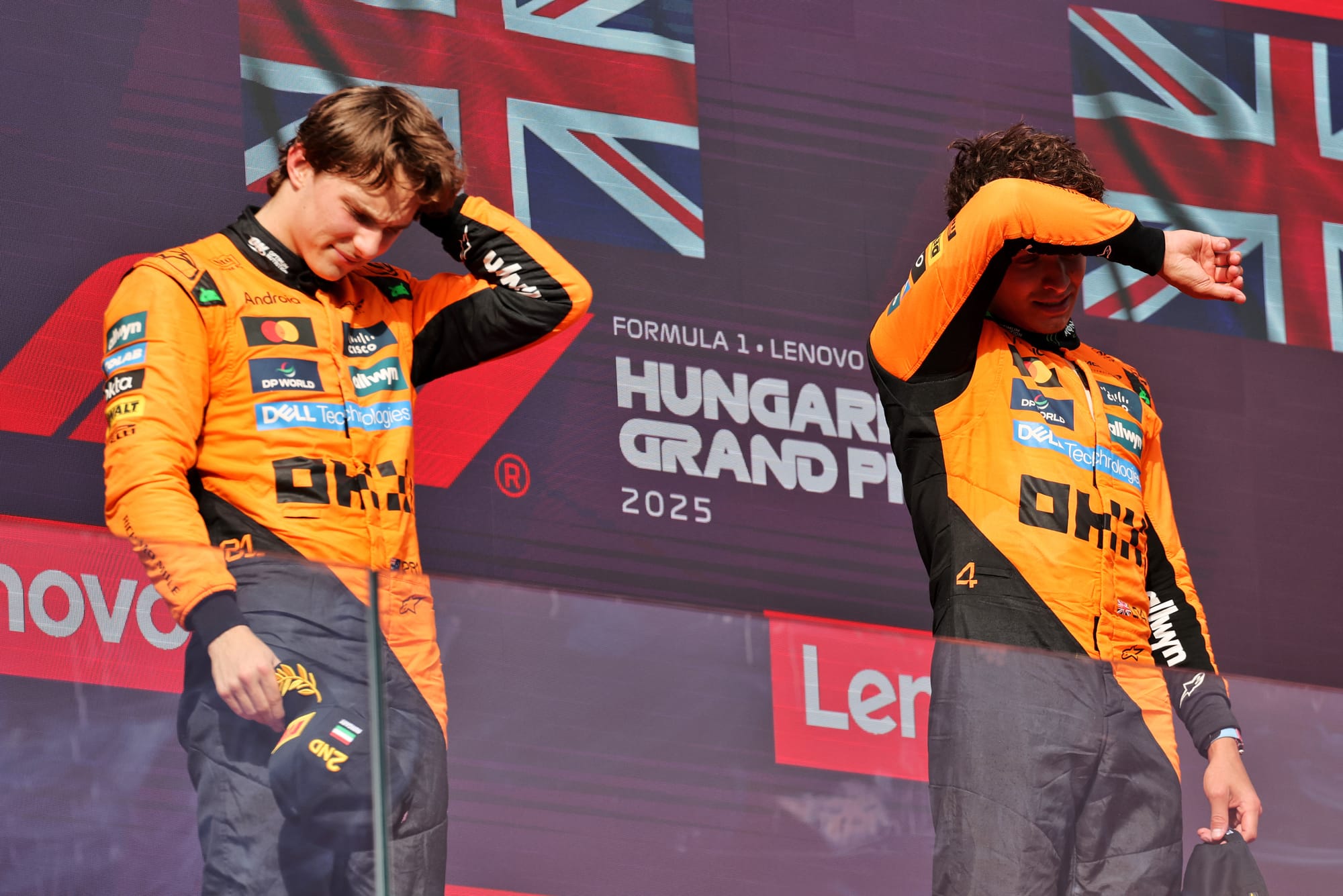
One reason McLaren's stance is unchanged is that the way things shook out at the Hungaroring were actually not as clear cut as they may have seemed to Piastri at the time.
While it was understandable that questions were raised over why the second McLaren on the road was allowed to do something different that ultimately put Norris on the best strategy, the call was not about turning the tables on the lead car.
As Stella explained: "At the time at which we stopped Oscar, we didn't think in fairness that Lando would have been in condition to beat Oscar or [Charles] Leclerc, because we thought that all cars were going on a two stop in fairness.
"When Lando found himself in condition to extend and see if a one-stop was possible, then credit to Lando that he managed the tyres very well. He made a one-stop work.
"But this didn't create any sort of concern in terms of our two drivers, because this was all fair square and within the principles that we have set out for the way we go racing."
The post-Budapest chats with drivers laid this all out on the table, and left both Norris and Piastri more aware that there are factors in races that they cannot control.
Stella added: "Definitely we had our debriefs, our reviews, our conversations, but both drivers, Oscar included, accepted that there's a degree of variability in racing.
"There's a level of variation of scenarios that can realise and that are not necessarily under your control."
Piastri himself conceded that, following the discussions that took place after Hungary, he understood that McLaren's fairness policy had to apply to both cars at all times - regardless of which was ahead in a race.
"I think ultimately there are race situations where being the second car from the team on track, or just being the kind of last car in the train, or the last car in the group, you've got a lot less to lose," he said. "So that kind of aspect is always going to be there.
"And I think it would be unfair to neutralise that just because of wanting to be on the same strategy."
Gloves off
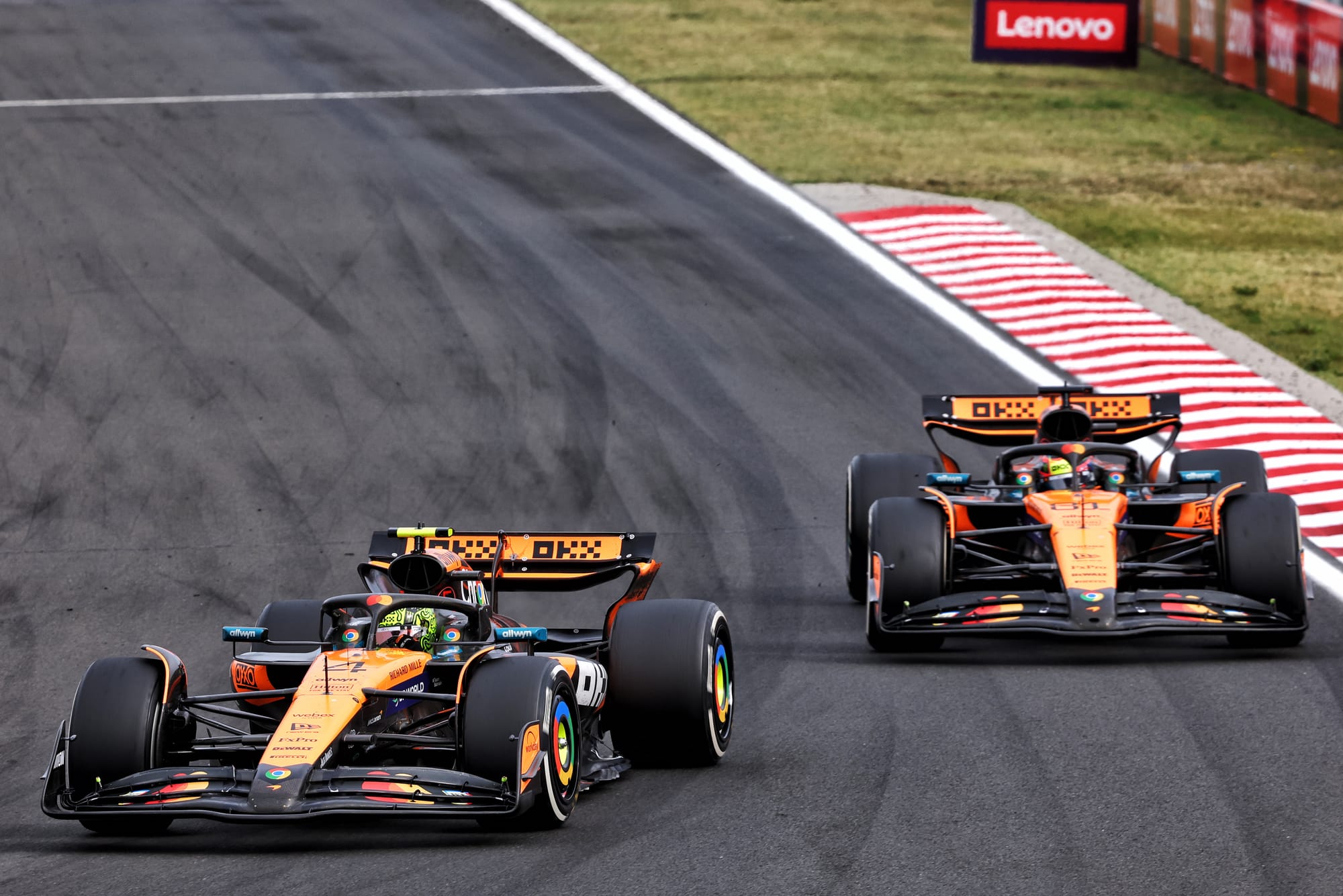
But there is one caveat in place from McLaren's stance: the ongoing racing freedom does not mean that Norris and Piastri are completely free to do what they want.
It is well understood that they cannot take risks that could lead to a potential collision, but there are some other strategy elements in place too.
While McLaren won't open up on the specifics of the racing rules, there will almost certainly be protocols where the lead car will have strategy priority.
So there will not be a scenario where the second car will be allowed scope to pit early, benefit from the undercut and jump the leader.
From the way strategy calls have played out so far this year, priority always looks like it is given to the car ahead at the first stop. Only once that call has been made are options opened up to the second car.
This fine line between freedom and having clear limits is why Stella has railed against the idea of just letting Norris and Piastri get on with it as they wish.
"The way we go racing at McLaren is based on being respectful of some principles and of some values that we have defined for some time," he said.
"It's been the work of some time, it has been the work that has seen, not only the team, but also the drivers involved. And these principles, rules of engagement and the conversations that we have and that ultimately define the way we go racing, they reflect the input from everyone.
"They don't mean that the drivers are free to do what they want. They are free to race in the sense that we want to give them the opportunity to express their talent, their abilities, their aspirations.
"But for instance, these should always be made within the boundaries of the team interest coming first. And the team interest may have different meanings depending on the situation."
It is a policy that makes total sense while the constructors' championship remains open, but from Stella's perspective even when that is won the policy will not change.
"A condition that you could summarise as they are free to race, they can do whatever they want, I would say, is not how we go racing at McLaren, and will not be the future of how we go racing at McLaren," he said.
"Even when we win and if we win the constructors' championship, this doesn't mean that in our view and in the drivers' view, they are not free to race and express their talent and their aspirations, but this cannot be done in a way that is completely unregulated.
"This is also in their own interest, I would say, not only in the interests of the team."

